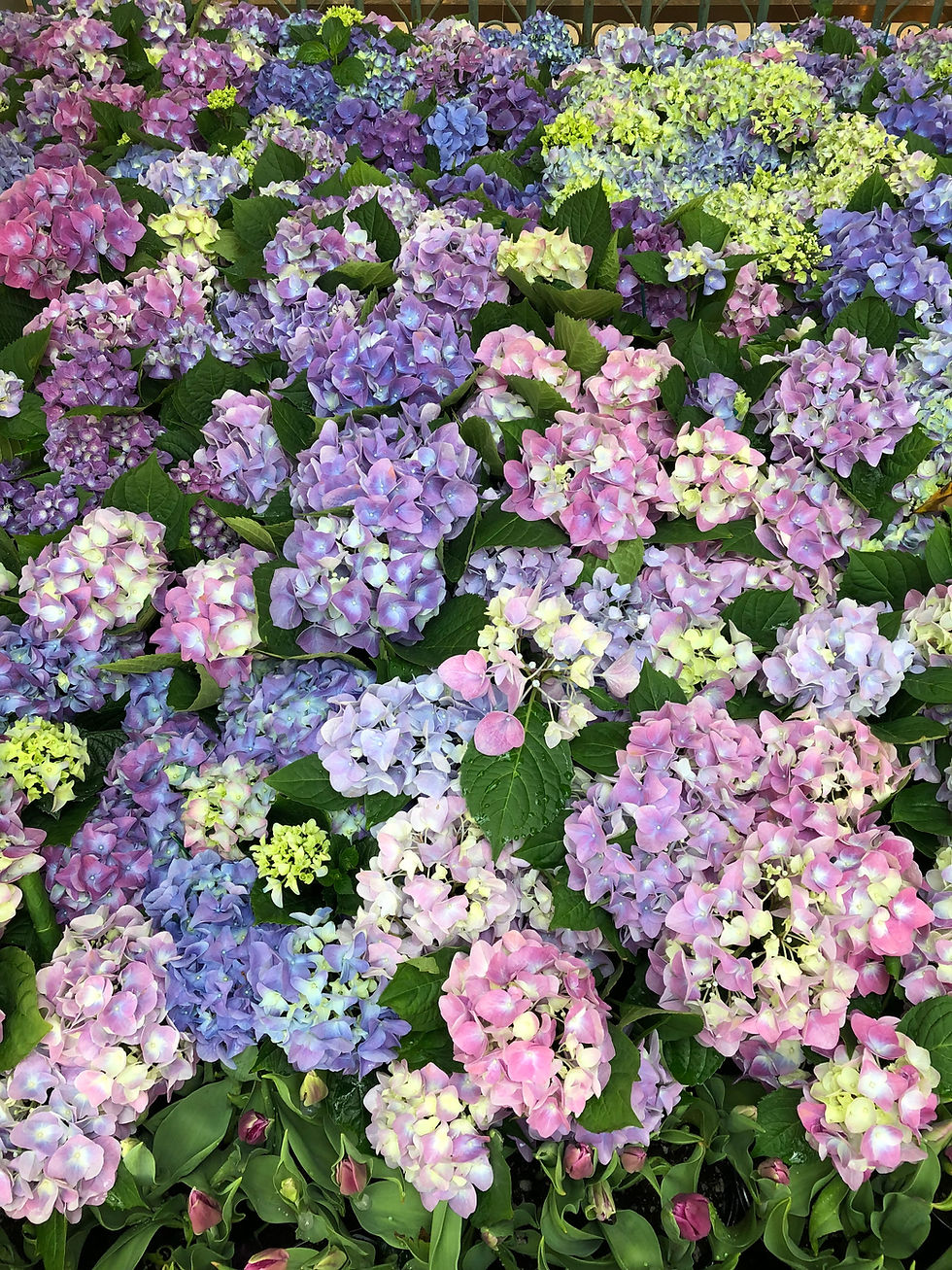Flowers of One Garden
- Soha Mostaghim Modir

- Oct 8, 2020
- 3 min read
Updated: Jun 17, 2021
Time to Celebrate the Oneness of All Races
“Ye are all fruits of one tree, the leaves of one branch, the flowers of one garden.” That is one of the most characteristic sayings of Bahá’u’lláh, and another is like it: “Glory is not his who loves his own country, but glory is his who loves his kind.”

Different nationalities, cultural backgrounds, beliefs and traditions on the same planet. Why is it imperative to understand each other and why necessary to unite? Well, I believe that humanity has reached a state where his unity is crucial to his survival. All the countries on earth are more and more interconnected. One’s financial, environmental, social and humanitarian disaster affects the other. Our advanced technologies have brought us closer together, and need to be used in that end and not to the destruction of it. As we can see, if one race feels superior over the other this will bring about injustice, hatred and disunity.
Politicians, scientists and economists have failed to emphasize on unity and cooperation. We need to explore the concept of unity in diversity as an expression of unity without uniformity and diversity without fragmentation.
"Despite the immense diversity of creation, we all accept that there exists in nature a profound underlying unity. The search for this unity provides the motivation for the lives of many different men--some who, like Einstein, search for it in general natural laws and others who, like Teilhard de Chardin, would trace cosmic evolution to a divine origin." René Dubos
The use of the phrase unity in diversity and similar concepts is not a new phenomenon. Its roots reach back hundreds of years in non-Western cultures such as indigenous peoples in North America and Taoist societies in 400-500 B.C. In premodern Western culture it has been implicit in the organic conceptions of the universe that have been manifest since the ancient Greek and Roman civilizations through medieval Europe and into the Romantic era. In contemporary times, the phrase has been used in a variety of areas.
The most profound use of the concept of unity in diversity has developed over the last 175 years as an integral aspect of an ecological understanding of the world. This concept appears in a well-articulated form in only one other place: the Bahá'í Writings. It is interesting to note that the origins of the Bahá'í Faith coincide almost to the year with the roots of ecology although none of the original members of either "movement" had any earthly connection with each other.
A healthy and constructive articulation of the concept of unity is needed.
The concept must incorporate a set of principles that is universally applicable to all human beings simply because they are human at the same time that it provides protection for the diversity of characteristics that maintains the vibrancy of the human species.
"Unity—unity of mankind, and of all created beings in God—is the main theme of His teaching. Here again the harmony between true religion and science is evident. With every advance in science the oneness of the universe and the interdependence of its parts has become more clearly evident. The astronomer’s domain is inseparably bound up with physicist’s, and the physicist’s with the chemist’s, the chemist’s with the biologist’s, the biologist’s with the psychologist’s, and so on. Every new discovery in one field of research throws new light on other fields. Just as physical science has shown that every particle of matter in the universe attracts and influences every other particle, no matter how minute or how distant, so psychical science is finding that every soul in the universe affects and influences every other soul. Prince Kropotkin, in his book on Mutual Aid, shows most clearly that even among the lower animals, mutual aid is absolutely necessary to continued life, while in the case of man, the progress of civilization depends on the increasing substitution of mutual aid for mutual enmity. “Each for all and all for each” is the only principle on which a community can prosper."
From Baha'u'llah and the New Era. J.E. Esslemont
Pictures below from Keukenhof, Amsterdam also known as the Garden of Europe, courtesy of Maxine Somers











Comments